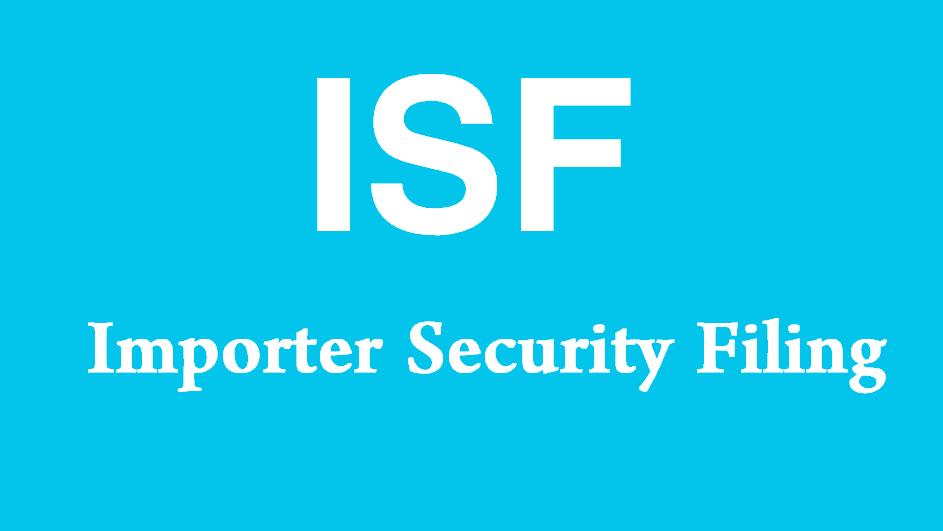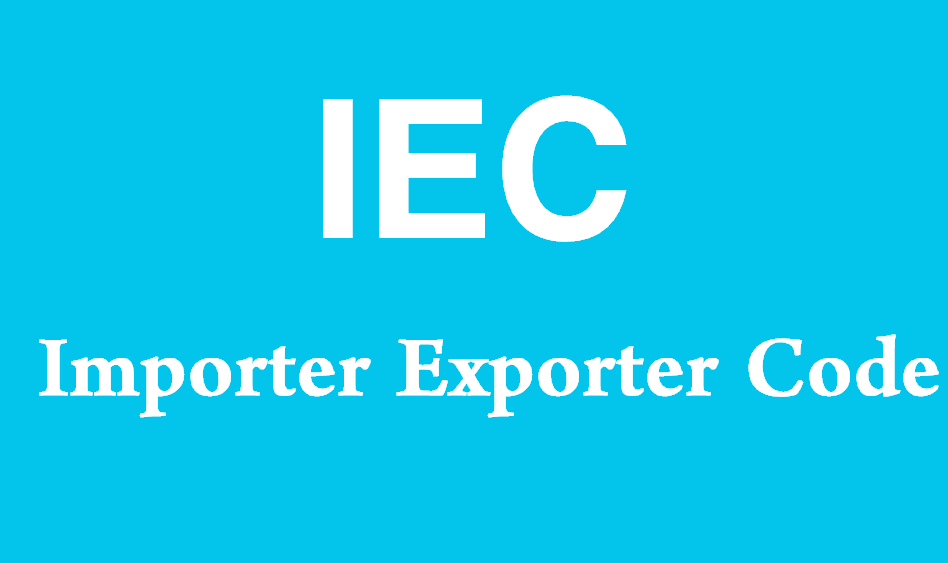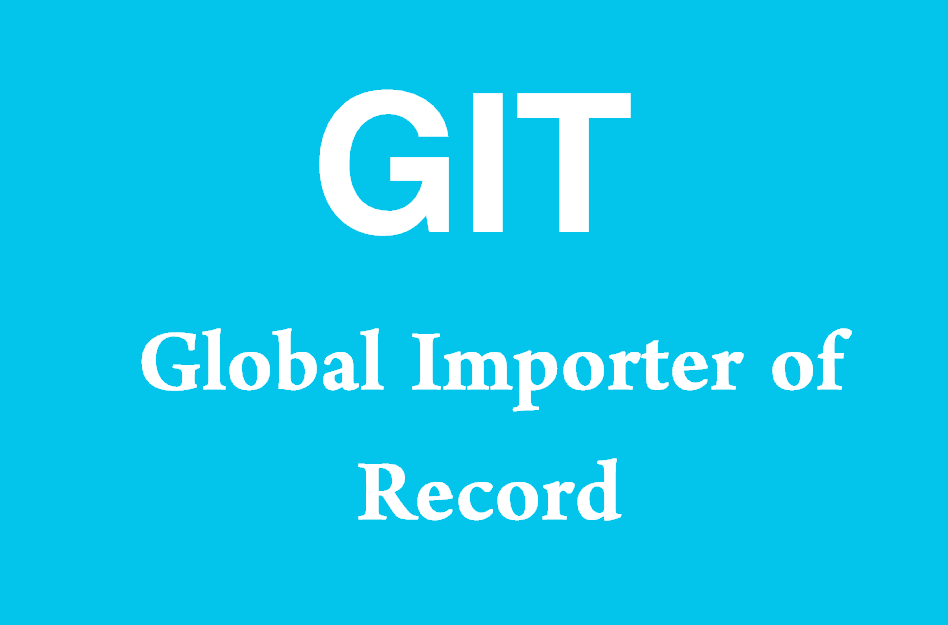What Does ISF Stand For?
ISF stands for Importer Security Filing. It is a mandatory requirement enforced by the U.S. Customs and Border Protection (CBP) as part of the Customs Trade Partnership Against Terrorism (CTPAT) program. ISF, also known as the “10+2” rule, requires importers or their agents to provide specific information about cargo shipments bound for the United States before they are loaded onto vessels overseas. This information aims to enhance supply chain security by enabling CBP to identify and assess potential security risks associated with inbound shipments, thereby strengthening efforts to prevent terrorist activities and ensure the safety of the U.S. homeland.

Comprehensive Explanation of Importer Security Filing
Introduction to ISF
Definition and Purpose
Importer Security Filing (ISF), also referred to as “10+2,” is a regulatory requirement implemented by the U.S. Customs and Border Protection (CBP) to enhance the security of inbound cargo shipments destined for the United States. ISF mandates that importers or their agents submit detailed information about the contents of ocean freight shipments before they depart from foreign ports. This information enables CBP to assess potential security risks associated with the cargo and take appropriate measures to mitigate those risks.
Legislative Background
ISF was introduced as part of the Security and Accountability for Every Port (SAFE Port) Act of 2006, which aimed to strengthen maritime security and improve cargo screening processes in response to the heightened security concerns following the September 11, 2001 terrorist attacks. The implementation of ISF reflects the U.S. government’s commitment to enhancing supply chain security and protecting the nation’s borders from potential threats.
Key Components of ISF
Ten Data Elements (10+2)
ISF requires importers or their agents to provide a total of twelve data elements, including ten pieces of information about the cargo and two additional pieces of information about the importer and consignee. The ten data elements pertaining to the cargo include:
- Manufacturer (or supplier) name and address
- Seller (or owner) name and address
- Buyer (or purchaser) name and address
- Ship-to name and address
- Container stuffing location
- Consolidator (stuffer) name and address
- Importer of record number/FTZ applicant identification number
- Consignee number(s)
- Country of origin
- Commodity Harmonized Tariff Schedule of the United States (HTSUS) number
ISF Filing Timeline
Importers or their agents are required to submit ISF filings at least 24 hours before the cargo is loaded onto vessels bound for the United States. Failure to comply with the ISF filing requirements may result in penalties and delays in cargo clearance.
Role of the Importer of Record
The importer of record, as designated by CBP, holds primary responsibility for ensuring compliance with ISF requirements. Importers must work closely with their agents and supply chain partners to gather accurate and timely information for ISF filings.
Benefits of ISF
Enhanced Supply Chain Security
ISF plays a crucial role in enhancing the security of the global supply chain by enabling CBP to identify and assess potential security risks associated with inbound cargo shipments. By collecting detailed information about the contents of shipments before they depart from foreign ports, ISF helps CBP target high-risk cargo for inspection and screening, thereby strengthening efforts to prevent terrorist activities and protect the U.S. homeland.
Improved Risk Management
ISF enables CBP to conduct risk assessments based on advance information about cargo shipments, allowing the agency to allocate resources more effectively and focus on high-risk shipments that pose a greater security threat. This proactive approach to risk management enhances CBP’s ability to detect and deter illicit activities, such as smuggling, trafficking, and terrorism.
Challenges and Compliance Considerations
Data Accuracy and Timeliness
One of the primary challenges associated with ISF compliance is ensuring the accuracy and timeliness of data submissions. Importers must work closely with their supply chain partners to gather complete and accurate information for ISF filings and submit them within the specified timeframes to avoid penalties and delays in cargo clearance.
Coordination with Supply Chain Partners
ISF compliance requires effective coordination and collaboration among importers, carriers, freight forwarders, and other supply chain partners. Importers must communicate their ISF requirements to their partners and ensure that all parties involved in the shipment process understand their roles and responsibilities in meeting ISF filing requirements.
Regulatory Compliance and Penalties
Importers are subject to penalties for non-compliance with ISF requirements, including fines, delays in cargo clearance, and potential seizure or refusal of shipments. It is essential for importers to familiarize themselves with ISF regulations, maintain proper documentation, and implement robust compliance measures to avoid penalties and mitigate risks.
ISF Data Elements
The following table provides a detailed overview of the twelve data elements required for ISF filings:
| Data Element | Description |
|---|---|
| Manufacturer (or supplier) name | The name and address of the manufacturer or supplier of the goods being shipped. |
| Seller (or owner) name | The name and address of the seller or owner of the goods. |
| Buyer (or purchaser) name | The name and address of the buyer or purchaser of the goods. |
| Ship-to name | The name and address of the entity to which the goods will be shipped. |
| Container stuffing location | The location where the cargo was stuffed into the shipping container. |
| Consolidator (stuffer) name | The name and address of the entity responsible for consolidating or stuffing the cargo. |
| Importer of record number/FTZ number | The importer of record number or Foreign Trade Zone (FTZ) applicant identification number. |
| Consignee number(s) | The consignee number(s) associated with the shipment. |
| Country of origin | The country where the goods were produced, manufactured, or assembled. |
| Commodity HTSUS number | The Harmonized Tariff Schedule of the United States (HTSUS) number associated with the goods. |
Notes to Importers
Importers play a crucial role in ensuring compliance with Importer Security Filing (ISF) requirements and facilitating the smooth movement of cargo shipments through the global supply chain. This section provides comprehensive notes to importers on how to navigate ISF requirements effectively and minimize the risk of non-compliance.
Understanding ISF Requirements
Familiarize Yourself with ISF Regulations
Importers should familiarize themselves with the ISF regulations outlined by the U.S. Customs and Border Protection (CBP) to understand their obligations and responsibilities regarding ISF filings. It is essential to stay updated on any changes or updates to ISF requirements to ensure compliance.
Determine ISF Filing Responsibilities
Importers must determine whether they will file ISF themselves or designate a licensed customs broker or freight forwarder to file on their behalf. Regardless of who submits the ISF, importers remain ultimately responsible for the accuracy and timeliness of the information provided.
Collecting Required Information
Gather Accurate and Timely Data
Importers should work closely with their suppliers, manufacturers, and other supply chain partners to gather accurate and timely information for ISF filings. This includes details about the cargo, such as manufacturer names, shipment origins, and commodity codes, as well as information about the importer and consignee.
Verify Data Accuracy
Importers must verify the accuracy of the data collected for ISF filings to ensure compliance with CBP requirements. Any discrepancies or errors in the information provided can lead to penalties and delays in cargo clearance, highlighting the importance of thorough verification processes.
Timely Submission of ISF Filings
Adhere to Filing Deadlines
Importers must adhere to the ISF filing deadlines specified by CBP, which require filings to be submitted at least 24 hours before the cargo is loaded onto vessels overseas. Failure to meet filing deadlines can result in penalties and delays in cargo clearance, underscoring the importance of timely submissions.
Monitor Shipment Status
Importers should closely monitor the status of their shipments and ensure that ISF filings are submitted promptly to avoid any delays or disruptions in cargo movement. Proactive monitoring enables importers to address any issues or discrepancies in ISF filings in a timely manner and mitigate potential risks.
Compliance Measures and Risk Management
Implement Robust Compliance Measures
Importers should implement robust compliance measures to ensure adherence to ISF requirements and minimize the risk of non-compliance. This may include establishing internal controls, conducting regular audits, and providing training to staff involved in the ISF process.
Assess and Mitigate Risks
Importers should assess potential risks associated with ISF compliance, such as data inaccuracies, filing errors, and communication failures, and implement measures to mitigate these risks. By identifying and addressing vulnerabilities in the ISF process, importers can enhance compliance and minimize exposure to penalties.
Sample Sentences with “ISF” and Their Meanings
- The ISF filing for our upcoming shipment to the United States needs to be submitted at least 24 hours before the cargo is loaded onto the vessel.
- Meaning: The Importer Security Filing (ISF) for our forthcoming shipment bound for the United States must be filed with the U.S. Customs and Border Protection (CBP) at least 24 hours prior to the cargo being loaded onto the ship.
- Our customs broker handles ISF filings on our behalf to ensure compliance with U.S. regulations for importing goods.
- Meaning: Our appointed customs broker manages the Importer Security Filing (ISF) submissions on our behalf to ensure that our importation process aligns with the regulations set by the United States.
- Failure to submit accurate ISF information within the required timeframe may result in penalties and delays in cargo clearance.
- Meaning: If there are inaccuracies in the Importer Security Filing (ISF) data or if the filing is not submitted on time, it could lead to fines and interruptions in the clearance process for the cargo.
- The ISF process involves providing detailed information about the cargo, including manufacturer names, commodity codes, and shipment origins.
- Meaning: The Importer Security Filing (ISF) procedure requires furnishing comprehensive details regarding the cargo, such as the names of manufacturers, commodity codes, and the origins of the shipments.
- Our company has implemented robust compliance measures to ensure timely and accurate ISF submissions for all our imports.
- Meaning: We have established strong measures to ensure that all Importer Security Filing (ISF) submissions for our imports are completed accurately and submitted punctually.
Other Meanings of “ISF”
| Acronym | Full Form | Meaning |
|---|---|---|
| ISF | International Society for Fall Protection | A professional organization dedicated to promoting safety and preventing falls in the workplace. |
| ISF | Intermediate Service Field | An intermediate area in a network that provides services to other fields or systems. |
| ISF | In-Situ Formed | Refers to materials or structures formed in their final location or position. |
| ISF | Integrated Sight Fusion | A technology that combines different imaging technologies for enhanced visual perception. |
| ISF | Interchange Service Facility | A facility where freight shipments are transferred between different modes of transportation. |
| ISF | International Surfing Federation | The global governing body for the sport of surfing, responsible for organizing competitions and events. |
| ISF | Industrial and Scientific Factors | Factors that affect industrial and scientific processes, such as temperature, pressure, and humidity. |
| ISF | International Security Forum | A conference or meeting focused on discussing global security issues and strategies. |
| ISF | Internet Security Firewall | A security system or software that protects computer networks from unauthorized access and cyber threats. |
| ISF | Inherited Susceptibility Factor | A genetic or inherited factor that increases an individual’s susceptibility to a particular condition or disease. |
| ISF | Image Source File | A digital file containing the original image data captured by a camera or imaging device. |
| ISF | Import Substitute Factor | A measure of the extent to which domestically produced goods replace imported goods in a country’s economy. |
| ISF | In-Situ Fabrication | The process of fabricating materials or structures directly at their final location or position. |
| ISF | Independent Scrum Factory | A self-contained team or unit within an organization that follows the Scrum methodology independently. |
| ISF | Internal Security Forces | Armed forces or law enforcement agencies responsible for maintaining internal security within a country. |
| ISF | Information System Framework | A structured approach or framework for designing, implementing, and managing information systems. |
| ISF | Internal Stability Factor | A measure of the internal stability or coherence of a system, organization, or structure. |
| ISF | Inland Search Facility | A facility or base used for conducting search and rescue operations in inland or non-maritime environments. |
| ISF | International Shipping and Forwarding | A company or entity engaged in international shipping, freight forwarding, and logistics services. |


